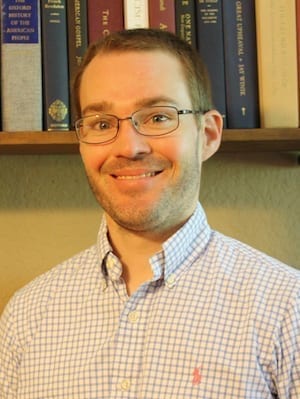
A declining percentage of the U.S. population identifies as Christian and an increasing number are not affiliated with any religious tradition, but these changes are not reflected in the 118th Congress.
The vast majority of Congress identifies as Christian (87.8%), according to a Pew Research Center report published January 3. This far outpaces the 63% of all adults who identify as Christian nationwide. Of the 87.8%, 56.7% are Protestant, 27.7% Catholic, 1.7% Mormon, 1.5% Orthodox Christian and 0.2% Messianic Jewish. Pew includes all these traditions under the Christian designation.
Within Protestant Christianity, a plurality were unspecified / other Protestant (20%), followed by Baptist (12.5%), Methodist (5.8), Presbyterian (4.7), Anglican / Episcopal (4.1%), Lutheran (4.1%), Nondenominational Protestant (2.8%), Restorationist (0.7%), Congregationalist (0.6%), Adventist (0.4%), Pentecostal (0.4%), Reformed (0.4%) and Pietist (0.2%).
While 29% of all adults do not affiliate with a religious tradition, only one member of the newest Congress (0.2%) is religiously unaffiliated. By comparison, there are 33 Jewish members (6.2% of Congress; 2% of U.S. adults), three Muslims (0.6% and 1%, respectively), three Unitarian Universalist (0.6%; less than 1%) two Buddhist (0.4%; 1%), two Hindus (0.4%; 1%), and one Humanist (0.2%; less than 1%).
While the percentages have ebbed and flowed slightly over the decades, the overall ratios have remained largely unchanged. Since 1961 to the present, most members have been Protestants, followed by Catholics, Jews, other faith traditions (including Buddhists, Muslims, Hindus, unaffiliated and more), Mormons, and Orthodox Christians.
The full report is available here. A list of congressional members noting their faith tradition is available here.
Managing editor for news and opinion at Good Faith Media.

